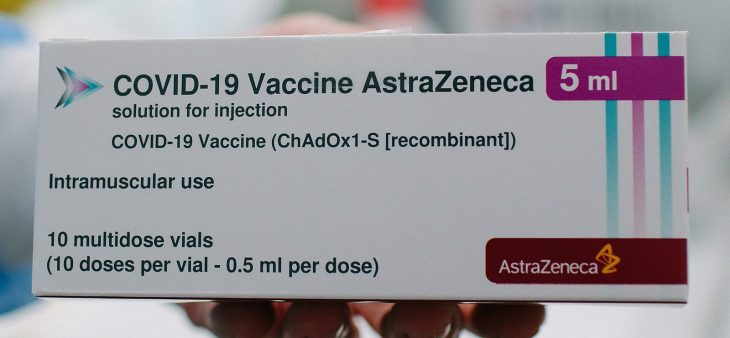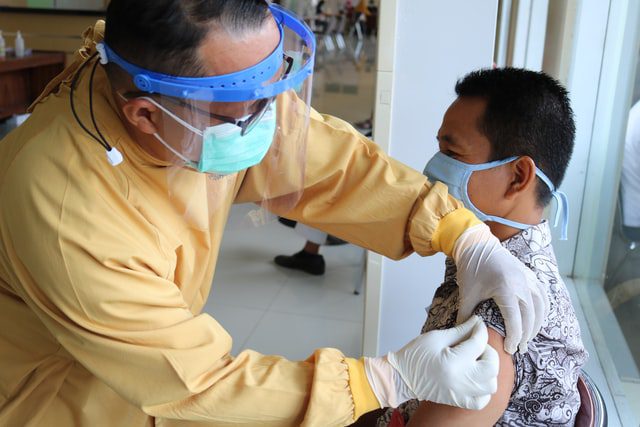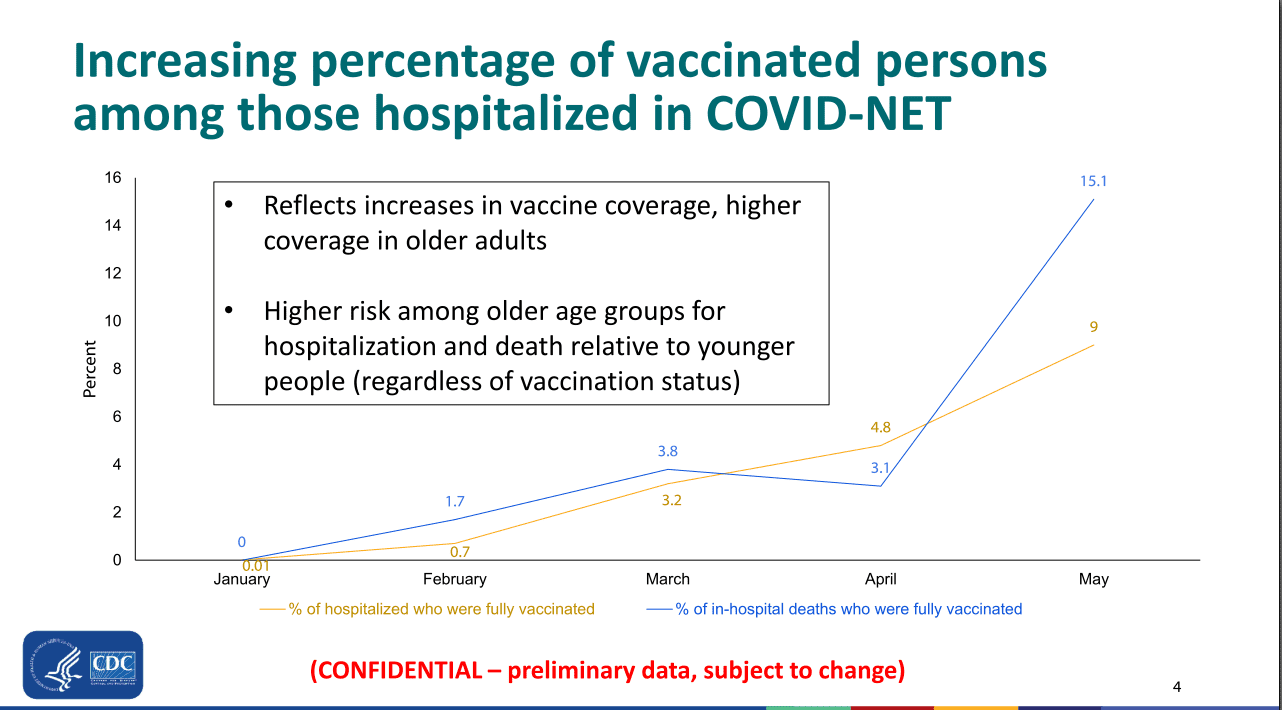
Preprint: COVID-19 vaccination and Guillain-Barré syndrome
“Our study reports an association between first-dose ChAdOx1 nCoV-19 (AstraZeneca) COVID-19 vaccination and Guillain-Barré syndrome, accounting for an estimated excess incidence of 5.8 Guillain-Barré syndrome cases per million first doses.”
“The cause for this association remains unclear, and excess risk remains comparable to previous vaccine-associated GBS. The risk in proportion to the benefits of vaccination is very small. Further studies are required to confirm these observations, to determine causality, to explore the pathogenic mechanisms and to investigate effects of other Covid-19 vaccine preparations in use worldwide”
In this cohort study of surveillance data from the Vaccine Safety Datalink that included 15.1 million doses of COVID-19 vaccines, the unadjusted incidence rate of confirmed GBS in the 1 to 21 days after receiving the Ad.26.COV2.S (Janssen) vaccine was 32.4 per 100 000 person-years, which was significantly higher than the background rate of GBS.
The unadjusted incidence rate of confirmed GBS in the 1 to 21 days after mRNA vaccines was 1.3 per 100 000 person-years, which did not differ from the background rate.
These findings suggest an increased risk of GBS after Ad.26.COV2.S (Janssen) vaccination.
Guillain–Barré syndrome (GBS) is a rapid-onset muscle weakness caused by the immune system damaging the peripheral nervous system. Typically, both sides of the body are involved, and the initial symptoms are changes in sensation or pain often in the back along with muscle weakness, beginning in the feet and hands, often spreading to the arms and upper body.
Wikipedia: Guillain–Barré syndrome
Norway: 248 deaths and nearly 52,000 reports of other Covid vaccine side-effects
Image by Gencat, CC0, via Wikimedia Commons





